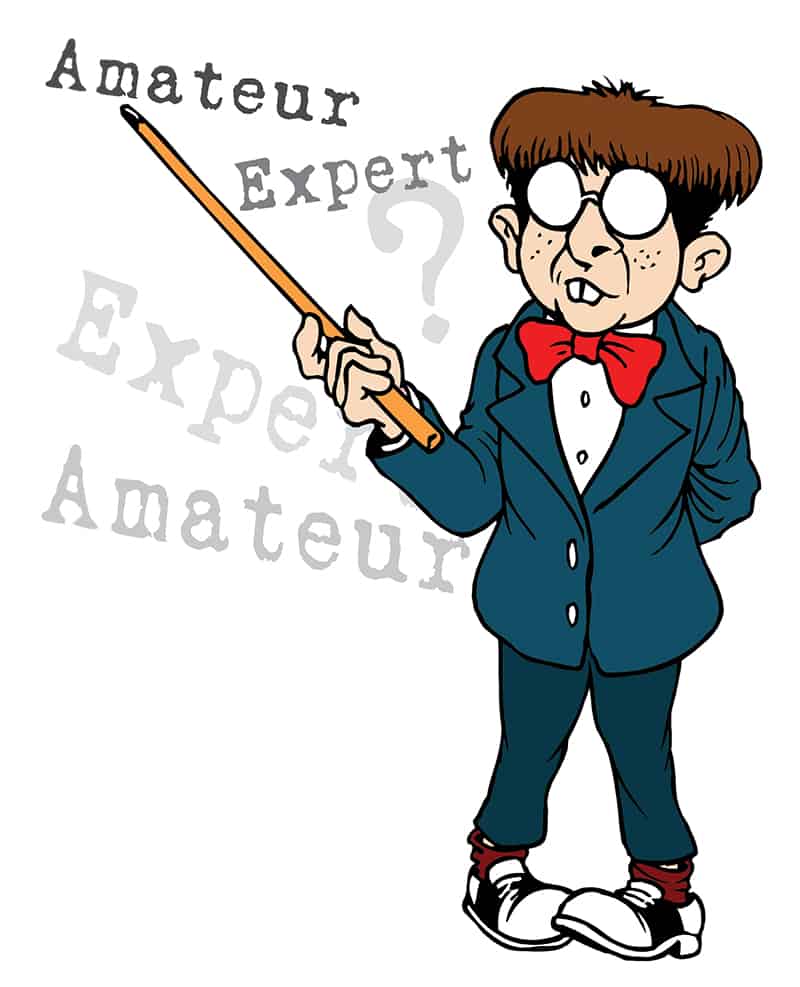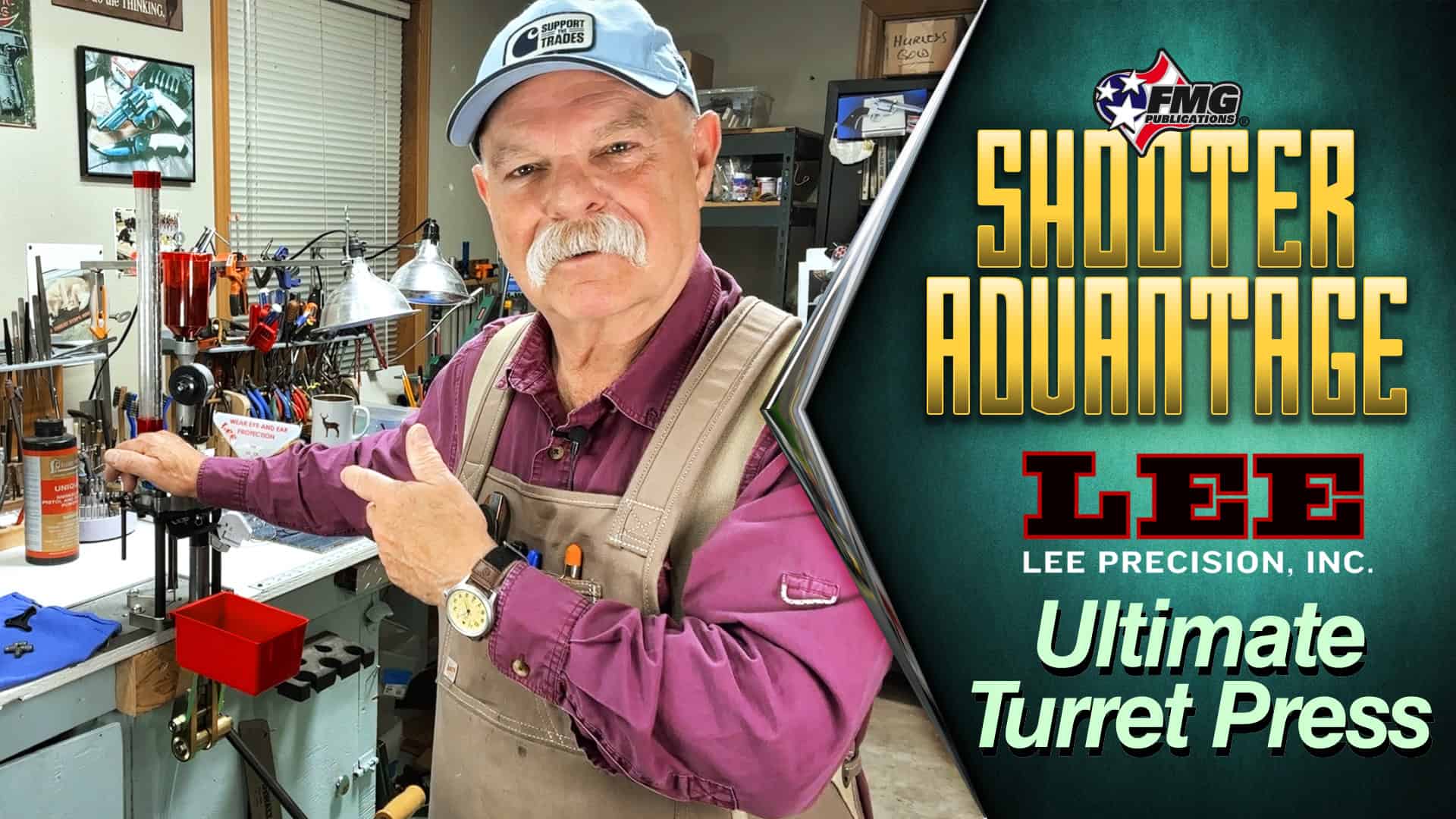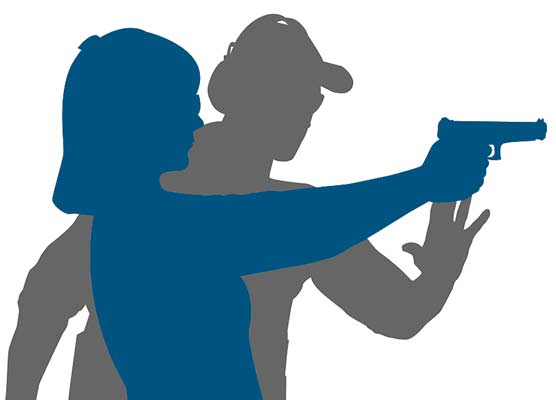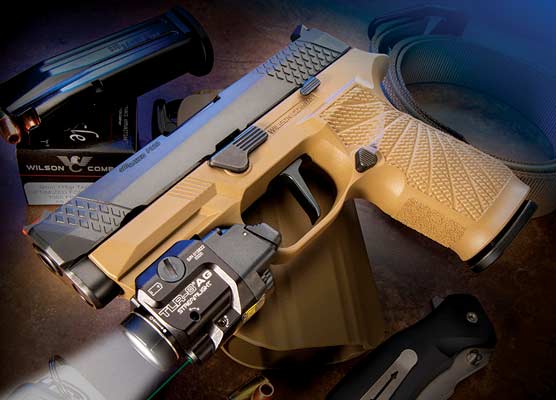Amateurs And Experts
Apparently, the word “amateur” has its roots in the Latin word “amare,” which means “to love.” I know I speak for you when I say, yes indeed, we love to shoot. An amateur does something simply because they love to do it. An expert is a different animal, they “Have a comprehensive and authoritative knowledge of or skill in a particular area.”
I’d always considered myself an amateur shooter — basically a gun-crank, as we used to be called — until one day in about the middle of my police career. I found myself in uniform testifying at trial of a man who had “accidentally” killed his girlfriend when, as he said it, “My thumb slipped off the hammer-thing when I was showing it to her and it went off. No way my finger was on that trigger. No way, man.”
My testimony was relating to whether he had purchased the gun at a certain gun store, but once I found out his defense, I asked the prosecutor to get a recess so I could discuss it with him. It seems the prosecutor had merely accepted the defense expert’s testimony the Colt Trooper used could go off if the hammer slipped and fell on a loaded cartridge, even if the trigger was not held back. I asked to see the gun and found it to be functional, and it had the “transfer-bar” safety. This meant in order for the transfer bar to be pushed up between the hammer and firing pin (allowing it to fire) the trigger had to be fully pressed into the fire position. I showed the prosecutor how it worked and said: “This gun will not fire unless the trigger is pulled.”
He asked for a recess until the next day and begged me to testify. I said, “Hey, I’m no firearms expert.” He said, “Don’t worry, you’ll do fine.” I drummed-up an exploded diagram of the Trooper, made copies for the jury and loaded up a few primers-only .38s. The next day I told the prosecutor I wanted to demonstrate how it wouldn’t fire and then how it would fire with the trigger pulled, using the primed cases. He thought that was great and got clearance to do it.
Once on the stand I started to explain the workings of the Colt and the defense objected immediately since I wasn’t a “court certified expert” on firearms. The judge allowed a “Voir Dire” interview of me by the defense attorney. This is a way of going “off the record” while a potential witness is challenged as to their qualifications.
After the defense attorney tossed a few basic questions at me like “What’s a caliber” and “What’s a bullet” — both of which I answered in detail, as I’m sure most of you could — the judge slammed his gavel down and said, “That’s enough. Officer Huntington sounds like an expert to me, so let’s get on with this.”
I went ahead and demonstrated how the gun works, pointing out how the transfer bar moves into position allowing the hammer to transfer its energy to the firing pin only when the trigger is pulled. If the trigger is not pulled, the hammer hits without contact with the firing pin.
Using the primer-loaded gun, I demonstrated how, if you short-cock the hammer, and merely let the hammer slip on a loaded round, exactly nothing happens but a click. Then I cocked the hammer, held it back and holding the trigger to the rear, I let the hammer slip from my thumb, all with great anticipation from the jury. Naturally, the primer popped — with some surprised jumps from the jury box — and 12 heads promptly swiveling toward the defendant, all glaring.
Another recess, and I left. Later that week the prosecutor phoned and said, “Congratulations, because of your testimony the jury took less than an hour to convict him of murder. I thought, “I’ll be damned.” I had accidentally just qualified as a firearms expert in California Superior Court.
Which bring us back to here. I learned guys like us can indeed be experts while still being amateurs. My knowing a bit about revolvers was instrumental in getting a murderer convicted. What we all need to do is put that expert-ness to work. Many of you do know a great deal more about firearms, shooting, reloading, their history, proper use, care and the law, than many of your fellow shooters. Well … put it to good use and help out at the local club doing demonstrations or seminars on your particular area of expertise. Offer your services to local attorneys pro-bono for pro-gun cases, help scouting groups, talk to service clubs about gun issues, write for the local neighborhood paper about scouts shooting BB guns. Anything you can do to enhance and grow our sport, our passion — our right — is good. As the word says: “We love to do it.” Let’s support it.




